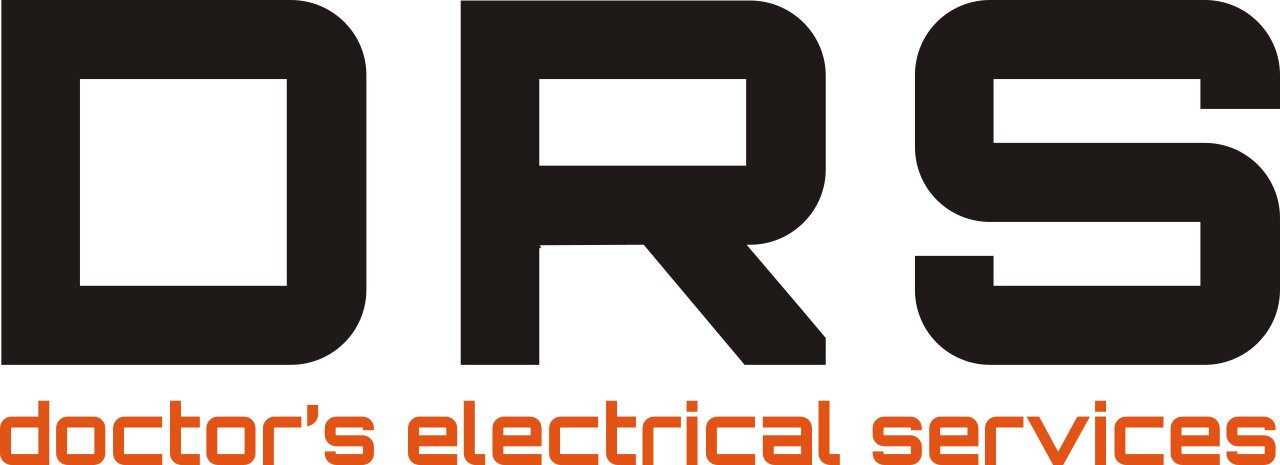Electrical outlets allow electrical appliances to be connected to a power source. There are many different electrical outlets, each designed for a specific purpose according to local residential and commercial electrician Paddington.
The three most common types of electrical outlets are residential, commercial, and industrial. Residential outlets are typically found in homes and apartments, while retail outlets are found in businesses and office buildings. Industrial outlets are designed for use in factories and other industrial settings.
➡Residential Electrical Outlets
Residential electrical outlets come in two basic types: 120-volt and 240-volt. 120-volt outlets are the most common type found in homes. They are typically used for small appliances such as lamps, radios, and TVs.
On the other hand, 240-volt outlets are used for larger appliances such as stoves, dryers, and air conditioners. 240-volt outlets are less common in homes but may be found in some older residences.
➡Commercial Electrical Outlets
Commercial electrical outlets are similar to residential ones but are often rated for higher voltages and currents. They are also usually larger.
✡Common Commercial Outlet types Include:
240-volt outlets: Used for large appliances such as air conditioners, stoves, and dryers. 480-volt outlets: Used for high-powered machineries such as welding equipment and industrial motors. 600-volt outlets: Used for very high-powered machinery such as electric vehicles and MRI machines.
➡Industrial Electrical Outlets
Industrial electrical outlets are designed for use in factories, power plants, and other heavy-duty industrial settings. They are often made of rugged materials such as steel or aluminum and are rated for extremely high voltages and currents.
✡Common Industrial outlet types Include:
- 480-Volt Outlets: Used for large machineries such as pumps, compressors, and conveyor belts.
- 600-Volt Outlets: Used for huge machineries such as electric cranes and forklifts.
- 1,000-Volt Outlets: Used for extensive machinery such as electric arc furnaces.
Who should install, repair, and maintain electrical outlets? Whether it's a residential, commercial, or industrial electrical outlet, it must be installed, repaired, and maintained by a qualified electrician. Attempting to do any of these things yourself can be extremely dangerous.
✡Benefits of Hiring a Licensed Electrician
There are many benefits to hiring a licensed electrician, including:
➡Safety
Electricians are trained to work safely with electricity. They know how to install, repair, and maintain electrical outlets properly, so they pose no risk of electrocution or fire.
➡Experience
Electricians have the experience and knowledge necessary to install and repair electrical outlets properly. They will also be familiar with the local building regulations governing electrical work.
➡Tools and Equipment
Electricians have the tools and equipment to install and repair electrical outlets properly. This includes things like multimeters, voltage testers, and circuit breakers.
➡Convenience
Hiring an electrician is convenient because they will come to your home or business to do the work. This saves you from having to do it yourself.
➡Peace of Mind
When you hire a licensed electrician, you can rest assured that the job will be done safely and correctly. This gives you peace of mind knowing that your electrical outlets are in good hands.
 |
| DRS Electrial |
The next time you need an electrical outlet installed, repaired, or replaced, contact a licensed Emergency electrician paddington in your area. They will be able to safely and efficiently get the job done.









0 Comments